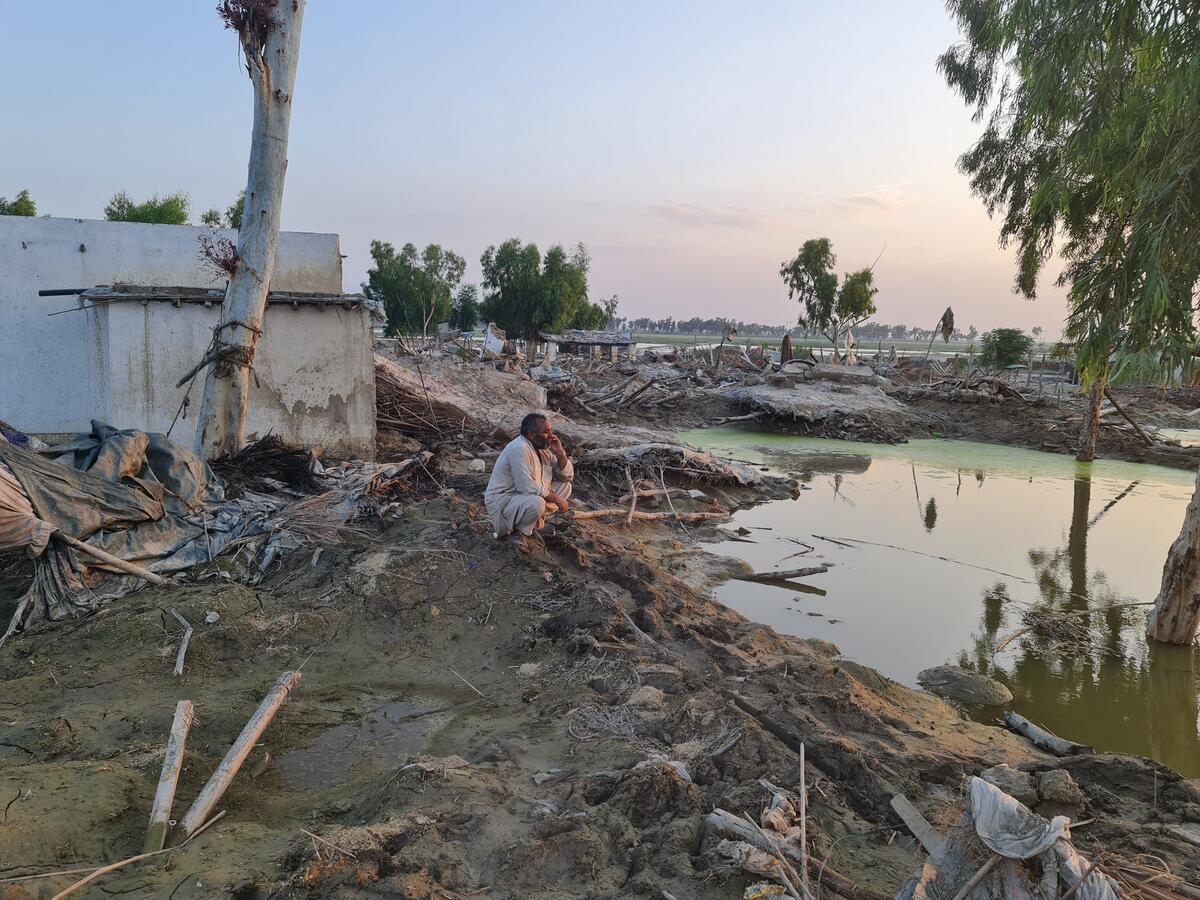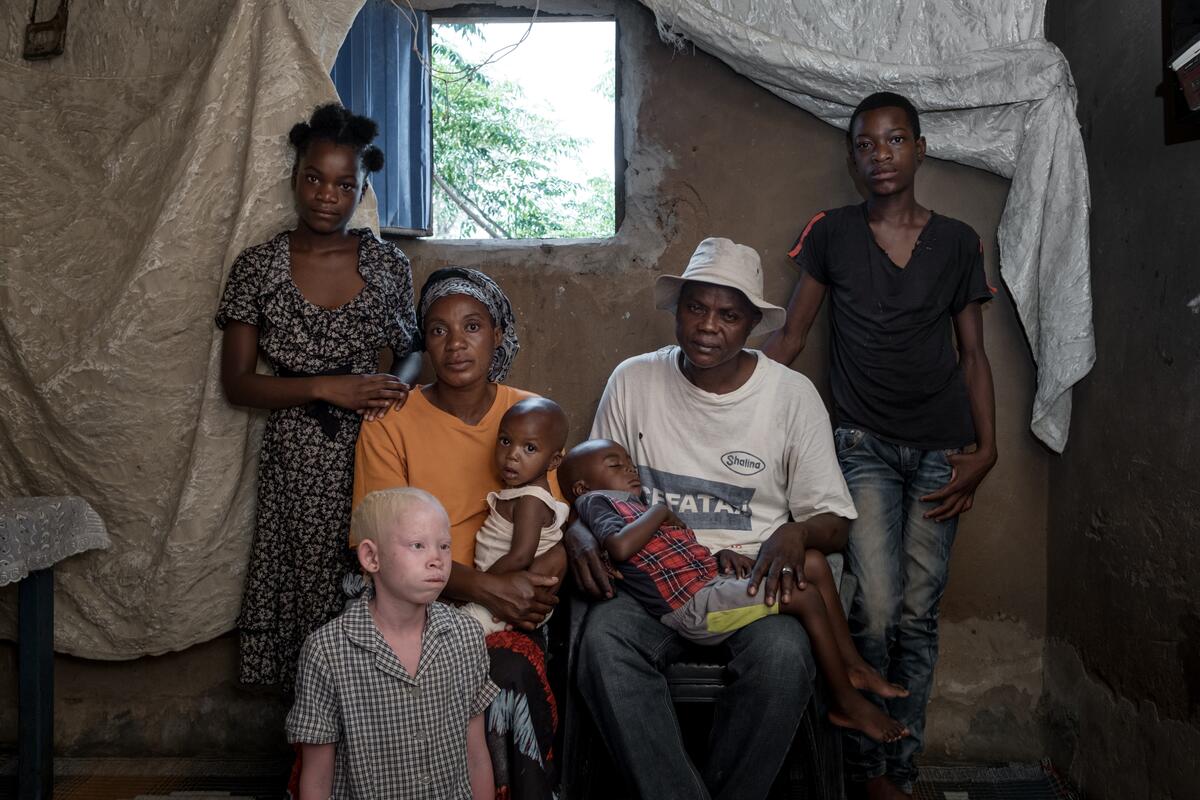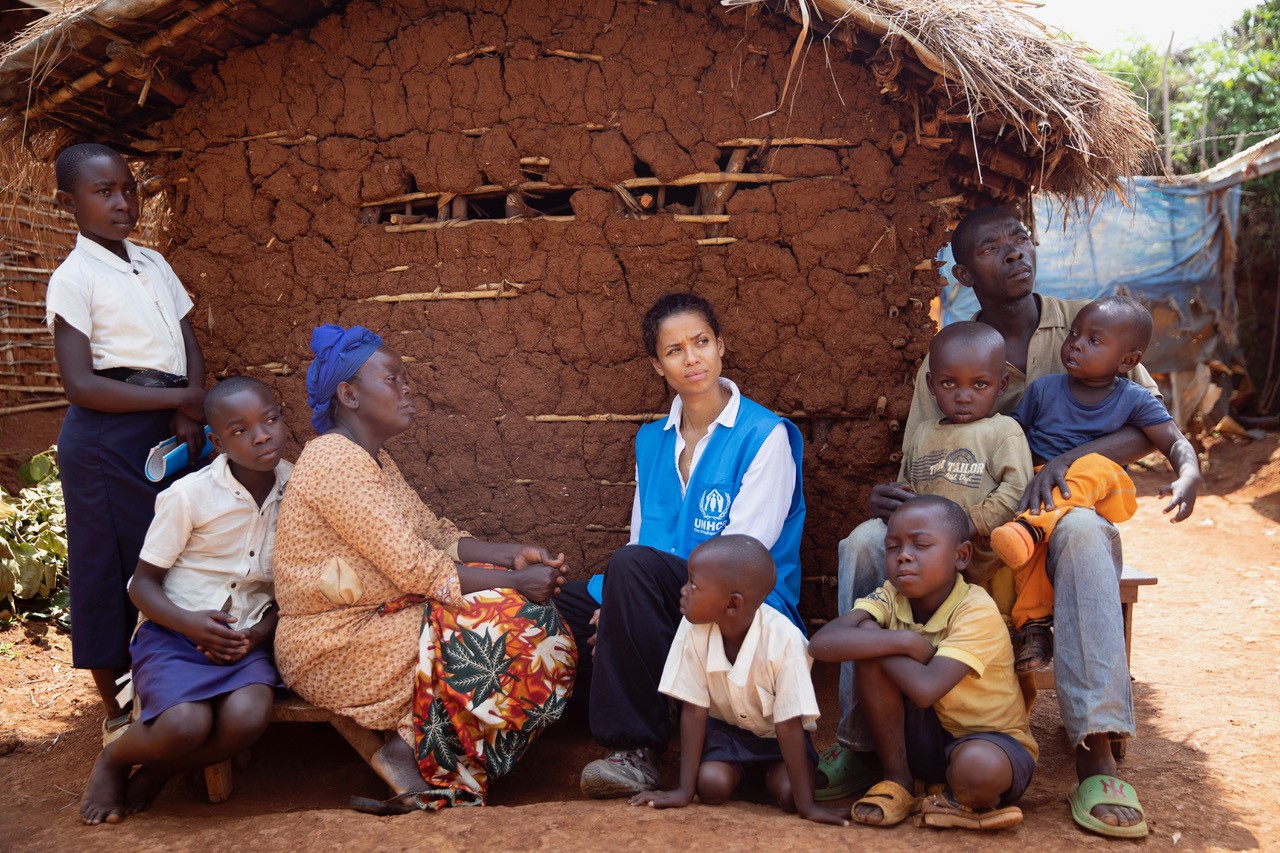Influx of Afghan refugees reaches Pakistan in 'chaotic' conditions
Influx of Afghan refugees reaches Pakistan in 'chaotic' conditions

GENEVA, Oct. 19 (UNHCR) - In what may be the largest one-day exodus since the start of the U.S. led bombing campaign, more than 3,500 Afghans entered Pakistan Friday at the Chaman border crossing in conditions described as chaotic, the U.N. refugee agency said.
With the refugees apparently fleeing in panic, arriving without food or belongings, international monitors described the situation at the border as chaotic. The influx Friday comes on top of some 10,000 people who arrived in Pakistan's Baluchistan Province alone over the past six days.
"The new arrivals report fleeing heavy bombardments in Kandahar overnight and this morning," Ron Redmond, the U.N. refugee agency's spokesman, said in Geneva.
He said the agency was asking Pakistani authorities for permission to provide water and food to the new arrivals at Chaman, where UNHCR has already stationed a water tanker.
"It is somewhat worrisome to see this number of people coming across," Redmond said in response to a question at a news briefing. "We don't know if it is going to continue, but this is by far the largest number of people we're aware of thus far."
With the long-awaited influx of refugees apparently under way, Redmond again called on donors to contribute to the relief effort. He said UNHCR had not received any additional cash contributions since October 8. The agency has received only $12 million to date, although donors have pledged an additional $12 million.
"Lots of promises, but where's the money?" Redmond told the news briefing.
The agency estimates it needs $50 million in a first phase to take care of up to 400,000 new arrivals, primarily in Pakistan and Iran.
During the past week, UNHCR described the pace of arrivals from Afghanistan as "erratic," estimating that 1,000 a day were entering both Baluchistan Province and North-West Frontier Province, where many of those arriving report paying smugglers as much as 3,000 Rupees, the equivalent of $50.
The refugees are believed to travel from Kabul to Jalalabad by vehicle before being guided for some 15 hours through rough terrain by the smugglers, according to the refugee agency.
Meanwhile, the 11th UNHCR airlift into Pakistan arrived Friday morning in Quetta with more than 10,000 blankets and some 6,200 plastic tarpaulins, the agency said. A second flight to Quetta is expected in the coming days, bringing plastic sheets, registration materials, and large tent structures known as Rubbhalls that can serve as moveable warehouses.
Although UNHCR and its partners are rushing to ready the Darra and Roghani camp sites near Quetta for a possible new influx of refugees, the task is being made difficult because workers "have been tip-toeing around hundreds of live Soviet-era anti-tank mines and bombs" that litter the area, the agency said.
In another development, some 2,300 people have established themselves in a new corner of the squalid Jalozai site near Peshawar in North-West Frontier Province. "They are living in miserable conditions," Redmond said.








